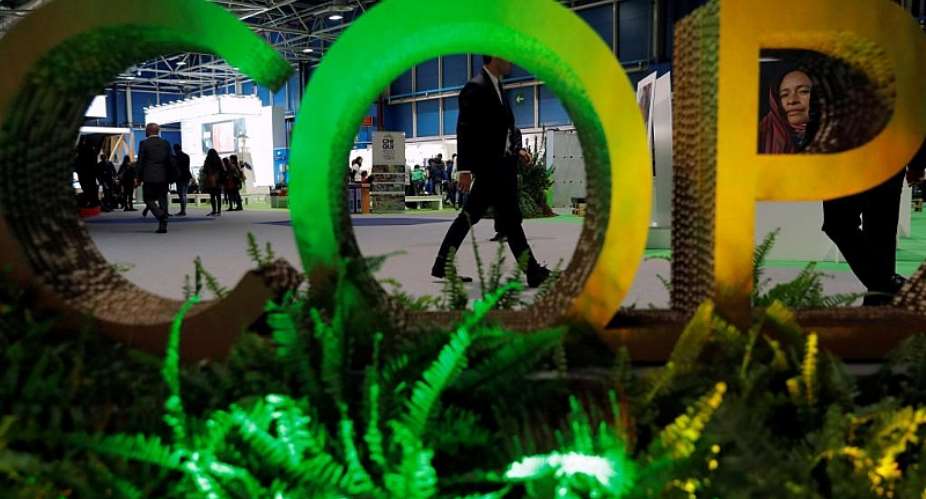With weeks to go before the world falls under a new climate regime, on 1 January, 2020, ensuring green solutions are properly funded is a major challenge for negotiators at the UN Cop25 conference in Madrid.
“Loss and damage” has been a particular sticking point amid attempts to bring richer countries around to the idea of paying for climate impacts in other parts of the world that are unable to cope.
Add to that deadlock over the thorny subject of carbon market rules – an idea designed to make it cheaper for countries to decarbonise their economies – and it's fair to assume the Paris Agreement will be getting off to a slow start.
As these hurdles grab headlines with the Madrid Cop in its final days, finance ministers from 51 countries have stepped into the Cop arena and unveiled plans to incorporate climate solutions into their mainstream economic policies.
Bringing a message of global unity and collaboration on carbon pricing, the ministers – who control around 30 percent of the world's GDP – have launched measures they say will accelerate their countries' transition to a low-carbon economy.
“This is a necessary change in the architecture of climate change finance … to be successful, you will need to go through the finance ministries,” says World Bank managing director Axel van Trotsenburg, who joined finance ministers in launching the so-called Santiago Action Plan.
“After all, they will have to prepare the budgets; they will have to define fiscal policy; and they will be involved in incentive frameworks – so close coordination with finance ministers is absolutely necessary.”
Led by Finland and Chile, the plan was first made public in April, when members endorsed six “Helsinki principles” promoting national climate action, especially through carbon pricing, macro-fiscal policy, public budgeting, and financial sector initiatives.
As the world turns the page on the hottest decade in human history, van Trotsenburg is urging countries and international organisations who committed to financing climate efforts to make good on their promises.
“They have to step up to the plate and implement their commitments – and certainly, in this respect, the World Bank has been a leader,” he said.
“In the last 10 years, we have committed about $120 billion of climate-related financing … and in 2018, we committed to another $335 billion until 2030.”





 Dumsor: Don't rush to demand timetable; the problem may be temporary — Atik Moha...
Dumsor: Don't rush to demand timetable; the problem may be temporary — Atik Moha...
 Space X Starlink’s satellite broadband approved in Ghana — NCA
Space X Starlink’s satellite broadband approved in Ghana — NCA
 2024 election will be decided on the grounds of the economy; choice of running m...
2024 election will be decided on the grounds of the economy; choice of running m...
 Dumsor: We're demanding less; just give us a timetable — Kwesi Pratt to ECG
Dumsor: We're demanding less; just give us a timetable — Kwesi Pratt to ECG
 Do I have to apologise for doing my security work, I won’t – Simon Osei-Mensah r...
Do I have to apologise for doing my security work, I won’t – Simon Osei-Mensah r...
 All my businesses have collapsed under Akufo-Addo — NDC Central regional chair
All my businesses have collapsed under Akufo-Addo — NDC Central regional chair
 Military, Prison Officers clash in Bawku, three injured
Military, Prison Officers clash in Bawku, three injured
 GRA-SML contract: MFWA files RTI request demanding KPMG report
GRA-SML contract: MFWA files RTI request demanding KPMG report
 Court threatens to call second accused to testify if NDC's Ofosu Ampofo fails to...
Court threatens to call second accused to testify if NDC's Ofosu Ampofo fails to...
 Family accuses hospital of medical negligence, extortion in death of 17-year-old...
Family accuses hospital of medical negligence, extortion in death of 17-year-old...
